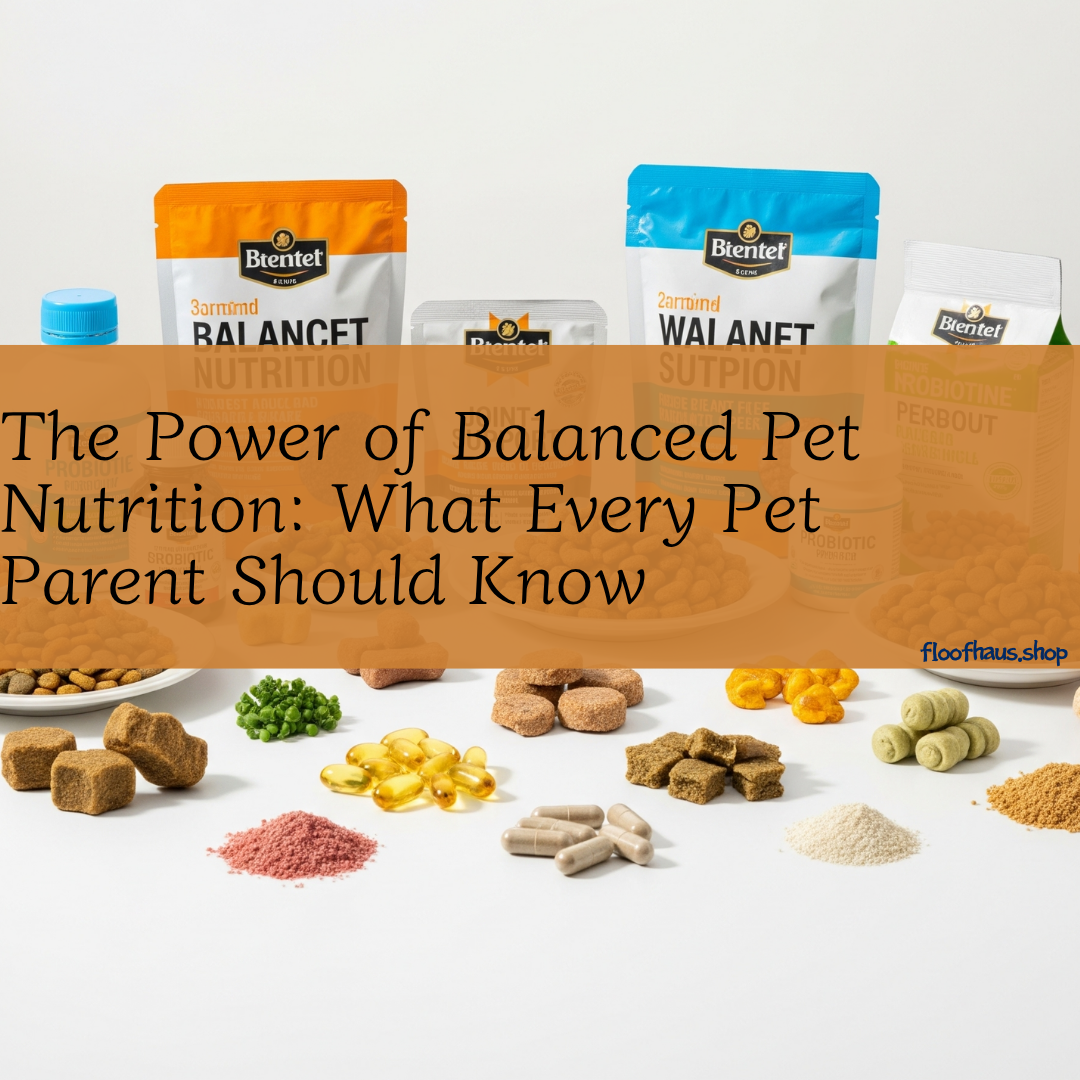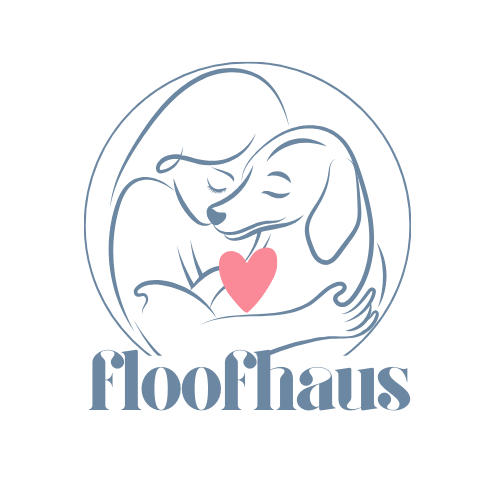
The Power of Balanced Pet Nutrition: What Every Pet Parent Should Know
Share

What our furry companions eat shapes nearly every aspect of their well-being. From the boundless energy of puppies to the wisdom of senior cats, thoughtful pet nutrition is the invisible foundation behind a healthy, vibrant life. As pet parents grow savvier about food quality, feeding has moved from routine to an act of love and responsibility.
Veterinarians consistently emphasize that balanced meals do more than simply provide energy—they protect joints, strengthen immunity, and even extend lifespan. Whether you’re feeding dry kibble, canned food, raw diets, or freeze-dried meals, the real key is choosing an option that aligns with your pet’s life stage and lifestyle.
What Does “Balanced Pet Nutrition” Actually Mean?
“Balanced pet nutrition” sounds important—and it is. It means giving your pet a diet rich in all necessary components: proteins, fats, carbs, vitamins, minerals, and water. Both dogs and cats thrive on real protein sources like chicken or fish, healthy fats such as omega-3s, and digestible fibers. And hydration is crucial—fresh water should always accompany meals, as even mild dehydration can harm digestion and energy levels.
This kind of diet supports vigor and vitality. It’s what helps your dog bounce around, your cat groom itself and maintain a shiny coat, and both pets engage fully with your home every day.
Warning Signs of Poor Nutrition
No parent wants to admit their pet’s food might be harming them—but certain signs make that clear. One big issue is marketing hype. Buzzwords like “natural,” “premium,” and “holistic” can distract from questionable ingredients. Reading the fine print can reveal fillers, artificial additives, or unsourced proteins.
Overfeeding is another major concern. We all spoil our pets with treats, but it adds up fast. The result? Weight gain, stiff joints, and higher risks of diabetes or heart disease.
A sneakier mistake is switching foods abruptly. If your pet’s stool becomes loose or they start refusing eats, the culprit might be a sudden diet change. A safe transition spans one to two weeks—gradually mixing old and new food to ease digestion.
Lastly, human food can wreck havoc. Grapes, chocolate, onions, garlic, and xylitol are toxic to pets. Even fatty meats may lead to pancreatitis—so always resist sharing dinner from your plate.
Choosing the Right Food for Your Pet
Not every pet flourish on the same formula. Allergies, sensitivities, and life stages require tailored diets. Grain-free kibbles may benefit pets with wheat sensitivity. Sports breeds excel on high-protein diets. Seniors often thrive on formulas rich in joint-support ingredients like glucosamine and omega-3s.
At floofhaus.shop, you’ll find a curated range of formulas aimed at specific needs—whether you’re looking for allergy-friendly recipes or senior support. Each product lists its specialty ingredients and vet endorsements to ensure you shop with confidence.
Supplements are another valuable tool. If your vet recommends omega-3s, digestive enzymes, or joint support, choosing verified-quality products makes a big difference. FloofHaus’ supplement section simplifies this selection process with clear, trustworthy offerings.
The Rise of Fresh and Raw Diets
Raw or fresh-cooked options have gained traction among pet owners seeking control over ingredients. Freeze-dried and fresh-prep diets offer nutrient density and freshness, often resembling a pet’s ancestral bowl.
Balanced raw feeding takes effort. If not carefully formulated, such diets can miss essential nutrients—like calcium or certain vitamins—and lead to imbalance.
Frozen or fresh-prepared foods approved by AAFCO offer convenience and nutritional completeness. FloofHaus stocks several options that combine the benefits of fresh feeding with full nutrient assurance.
Why Consistency Is Key
Consistency in nutrition reaps long-term benefits. A well-nourished pet enjoys more energetic days, fewer vet visits, and stronger aging resilience. Subtle feeding missteps may not show overnight—but they find their way into chronic issues like obesity, kidney disease, or joint deterioration.
Whether you’re feeding veterinarians’ picks, premium vet formulas, or freeze-dried proteins, committing to a balanced meal plan makes a tangible difference. FloofHaus can be your go-to vet-approved shopping destination.
Meal Planning for Real Life
Busy schedules don’t have to derail good pet nutrition. Many simple routines help maintain consistency:
- Scheduled feeding: Two meals per day for adults keeps appetite and weight in check
- Portion control: Use measuring cups or digital scales for accuracy
- Hydration check: Refill bowls twice daily—consider a fountain for picky pets
- Treat limits: Keep treats under 10% of daily calories
A flexible diet plan can still foster smart feeding. floofhaus.shop offers measuring tools and puzzle-feeder bowls to help reinforce healthy habits.
Transitioning Diets the Smart Way
Changing diets often is necessary—whether to convenience, better ingredients, or special health needs. A slow shift, mixing 25% new with 75% old food every three days, reduces digestive upset. Observe stool quality, energy levels, and coat condition. If issues arise, pause the transition and consult your vet.
Floofhaus includes feeding transition guides for most foods to support smooth dietary changes and reduce digestive stress.
Final Thoughts: Nutrition Shapes a Life
Thoughtful pet nutrition is one of the kindest gifts we can provide. It’s about more than filling a bowl—it’s about investing in health, behavior, and longevity. From proper proportions to clean ingredients, balanced feeding fosters resilience.
If you’re ready to elevate your pet’s nutrition, floofhaus.shop. Their curated mix of well-balanced diets, specialty formulas, supplements, and smart feeding tools supports a healthier pet—and peace of mind for you.
